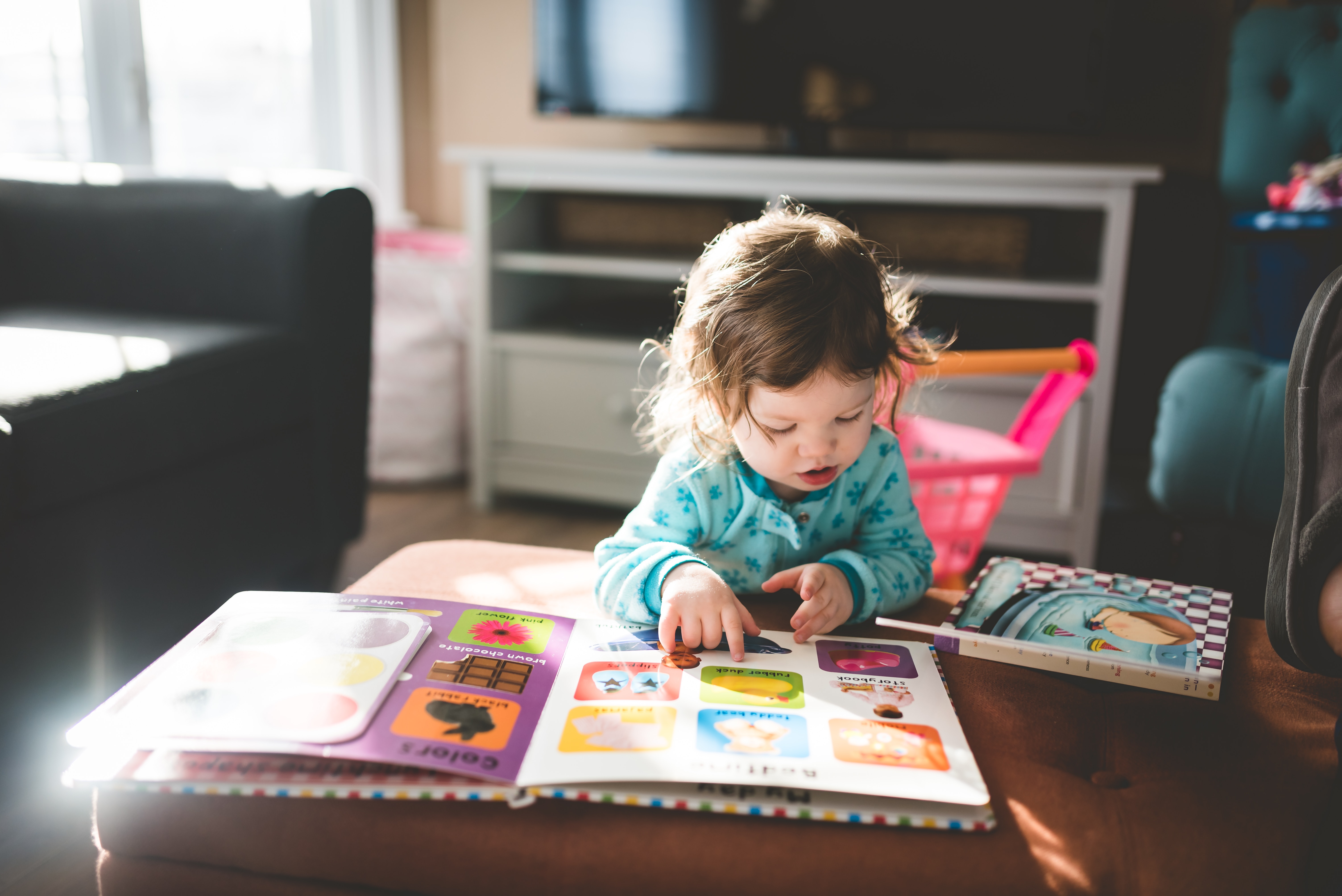
As I discussed in my previous blog post, psychologists have determined that there are many different types of intelligence. Today, I will share tips on how to help nurture your child’s emotional intelligence.
Healthy emotional growth begins with successful bonding between parent and child. Your child masters the social skills that are critical to emotional maturity by watching the behavior of parents and modeling their behavior on yours.
Being there, to observe and get to know your child, is key. Your presence does even more. When your child learns through experience that she can toddle out of the room to explore and still find you there when she comes back, she develops trust. Learning to trust, first her parents and then herself, is the foundation upon which your child builds self-esteem and moves toward self-actualization.
What parents provide is something psychologists and educators call “scaffolding,” which supports a child’s learning in the early years. It consists of several parts. Of course, one of the most important things you can do is create a loving and accepting atmosphere in the house.
The child who feels loved without being judged can overcome many obstacles – poverty, physical handicaps or learning disabilities. By paying attention to your child – by knowing her childbirth history (was she premature, was it a difficult or easy birth) and childhood history (her burgeoning likes, dislikes, moods, and attitudes) – you create a bridge between your child’s past and present. That connection is necessary to give her the sense of security to go out and investigate the world. You also need to add to that mix a structured environment, which is orderly, consistent, and safe. When your child knows what is expected and what is acceptable, she will be well on her way to healthy emotional maturity.
Conversations with your child, which build on the natural give-and-take of talking and listening, provide the first lessons in social skills. The best parents are those who talk to their children about everything. Keeping these conversations going throughout childhood and adolescence provides more than social skills – it solidifies the parent-child bond. Your child needs to know they can talk to you and trust you, even through the emotionally turbulent teen years.
As your child gets older, it becomes important to model the behavior you want her to adopt. You show her how to give voice to her feelings, how to deal with anger and hurt in ways that are not aggressive, how to show regard for others. All of these behaviors help set the stage for emotional growth. She can learn these lessons best by interacting with parents first. Then she can apply those same skills to her friends, schoolmates and the rest of the world at school and beyond.
Timing is everything– in parenting, as in most of life. If you expose your child to the right tools, the right kinds of play, and the right loving feedback at the right age, your child will develop successfully – and joyously, too.
When I was an elementary and junior high school teacher, I noticed that there were many children who had high intelligence but were too emotionally immature to handle the material being presented. They couldn’t settle down, and they just couldn’t “get it.” Emotional development at all stages is founded on a strong bond with the parents and continued parental nurturing of interpersonal skills.
The goal of healthy emotional blossoming is to cultivate children who can find their center and stay calm even when facing family tensions, peer pressures, and school difficulties. If your child is emotionally well-adjusted, she will have a secure sense of herself and self-worth. She won’t have to wear the right jeans or a nose ring to get peer approval. She will also have developed an understanding of right and wrong, “good and bad” behavior, ethical and unethical choices, that enables her to develop morally as well.
Your child will be motivated to take her meaningful place in adult society because she has the scaffolding in place to support her. It is the you, the parent, who has helped put that scaffolding there.
In the future, as we continue to shift from an industrial to a service-based and technological economy, the importance of mastering social skills, especially interpersonal intelligence, will only increase. “People skills” are at the heart of “service” jobs. Furthermore, without healthy emotional maturity, it is very difficult for a child to integrate and implement intellectual advances and adjust to the world. With emotional security, the sky is the limit.

